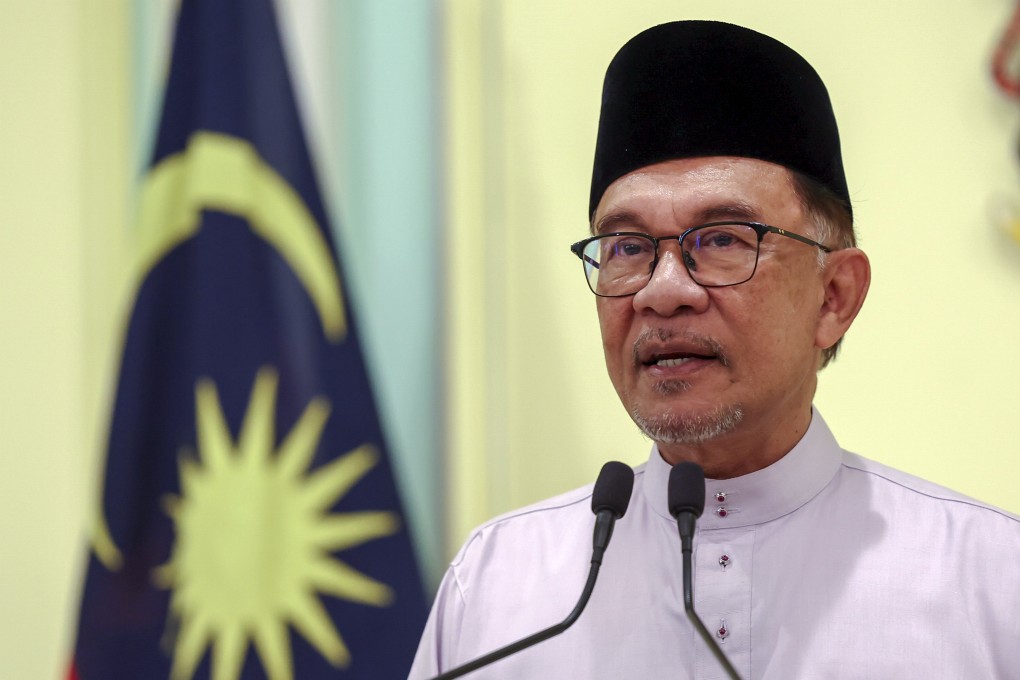Malaysia’s PM Anwar Ibrahim gets cracking on nationwide egg shortage as he addresses cost of living
- Consumers and retailers complained of an erratic supply of price-controlled eggs, which officials said was due to higher demand after Covid curbs eased
- Some social media users claimed scarcity was due to egg ‘cartels’ allegedly holding back supply to affect the chances of certain politicians in the recent election

“With the economy now fully reopened and people confident enough to travel and spend, there is an increase in food consumption beyond what was expected,” Department of Statistics Malaysia chief statistician Mohd Uzir Mahidin was quoted as saying by English newspaper The Star on Tuesday.

Anwar, who clinched the top job last Thursday after 24 years of trying, has since pledged to make bread-and-butter issues a key focus of his administration. But his earlier criticism of previous governments may leave him with egg on his face.
Social media was flooded with posts of pallets of eggs stacked up in supermarkets in the aftermath of Anwar’s appointment to office, sparking some claims of egg “cartels” allegedly holding back supply to artificially create scarcity to scuttle the chances for Ismail Sabri’s Barisan Nasional alliance in the recent polls.